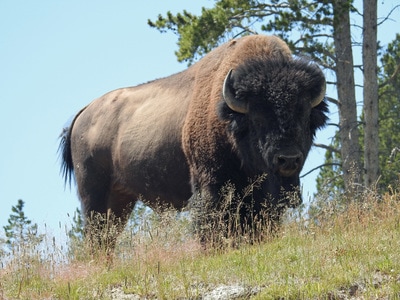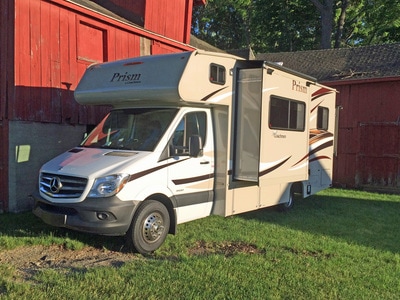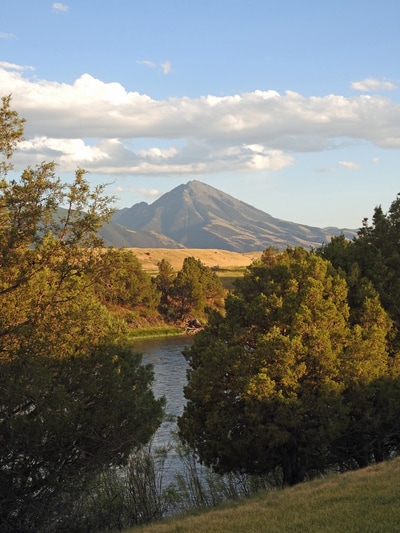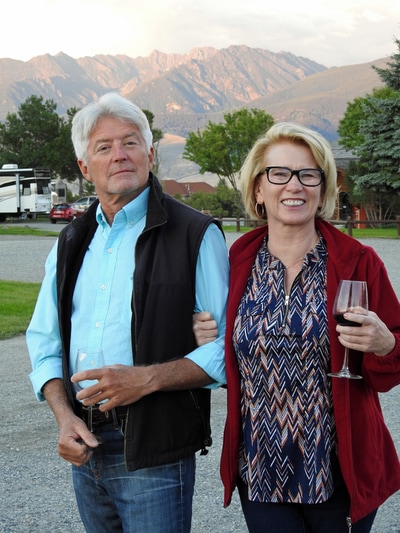|
https://www.weebly.com/siobhanmknox
I left Rainier at 07h40 Wednesday morning. I had lost cell service shortly after I entered the park, so I expected to regain it before I exited. I didn't. An hour and nearly 40 miles later, I finally had bars. I fueled up and pulled into a parking lot to reconnect with my digital life.
Driving south from Federal Way to Rainier, and two days later driving south and west from Rainier to the coast of Washington, I was reminded by how poor rural people are. I grew up in Addison, NY, a town of 2,500 people, many of whom farmed or worked for Corning or Ingersoll Rand (now Dresser Rand). My father was a lawyer whose practice was as broad as that of a "small-town-country-doctor." Occasionally, his clients paid him in real estate or meat. In December of my ninth grade year, we moved two miles out of the village to a hilltop within the town's limit. One of the neighboring houses had snowmobiles in the yard. I asked my father if we could a snowmobile. His response: “Which would you prefer, a snowmobile or eating?” I saw a lot of broken-down toys, cars, RV, etc. during my drives through southeastern Washington like I saw in my childhood in Steuben County. These people are scraping by, either self-sustained or with marginal employment. Hillary Clinton and Donald Trump don't know these people, and neither can help them. Like the Londoners who were blindsided by their non-urban vote for Brexit, most of us live in cities and therefore live in a bubble. Mega-cities like London and New York have a plethora of employment opportunities, both skilled and unskilled, product and service. Yes, their costs of living are high, and yes, there are poor people in those cities, but there is also a larger, stronger tax base and therefore a wider social safety net. Small cities rise and fall on their limited supply of natural resources, creation of or adaption to technology, and availability and cost of employment. Addison, NY was a glass city before Corning, and Corning, Inc. doesn't sell Pyrex anymore. In a monopsony town, when the employer folds or downsizes substantially so does the town. No politician can put more coal in the ground, create the technology to extract it efficiently, find the skilled labor to add value to it, or make coal the desired fuel (e.g. cheaper than natural gas). So, if you live in West Virginia and your coal mine closed, where do you work? "Would you like fries with that?" is not meant to support a family, so poverty results. And, increasing the minimum wage just redistributes the poverty.
1 Comment
Sue-Jane
4/9/2017 00:13:28
Raising the minimum wage only contributes to the poverty cycle in my opinion. The decision to raise the wages does not take into consideration the fact that the higher the wage the more things are going to cost to buy. The two go hand in hand. You cannot unilaterally raise wages without realizing that things are going to cost more as most businesses are in the business of getting the largest profit for the least cost.The whole idea of taking care of one another, while taking care to keep costs down is foreign to both of our countries.Better education is the key.
Reply
Leave a Reply. |
Siobhan M. KnoxIn May 2016, I bought a five ton, 25’ long Class C motorhome because I like to drive, I like to travel, and it’s more fun and less expensive than living in a hotel. No prior RV experience was required, and I had none: perfect. I’m writing a book about my adventures which will come to an end when I get a job. The dogs will be sad. Archives
February 2018
Categories |






 RSS Feed
RSS Feed